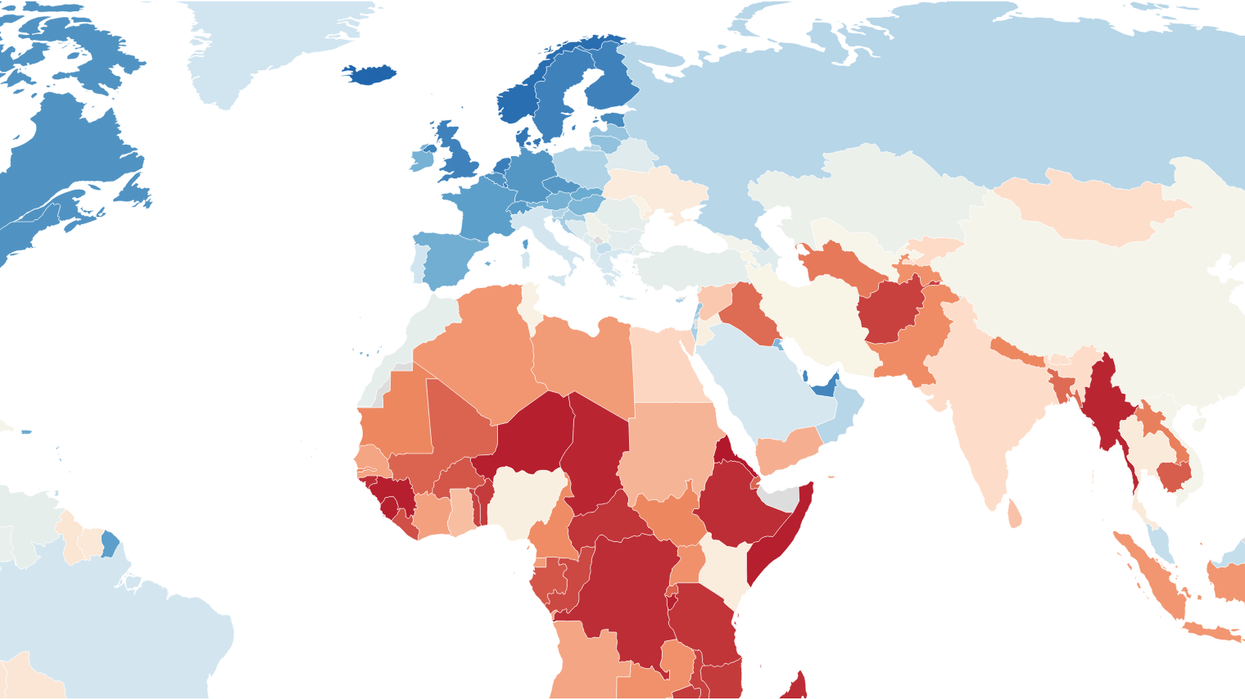Ella Wilks-Harper
Jan 04, 2017

Around 90 per cent of Africa remains offline, according to data from Internet Live Statistics.
Even with a huge tech boom on the continent in recent years, the findings show that nine of the ten least connected countries in the world are in Africa.
In December 2016, Gambia’s government shut down the internet during its presidential elections, despite only 17 per cent of the population having access.
Outside of Africa, Myanmar, in South East Asia, ranked the tenth least connected country with only 7 per cent of the population online.
Access to the internet is now being considered as a basic human right according to the United Nations Human Rights Council, which passed a non-binding resolution last June.
In the UN’s 2030 Agenda, internet access is outlined as one of the core accelerators of development.
The agenda reads:
The spread of information and communications technology and global interconnectedness has great potential to accelerate human progress, to bridge the digital divide and to develop knowledge societies, as does scientific and technological innovation across areas as diverse as medicine and energy.
Irina Bokova, the director-general of the UN Educational, Scientific and Cultural Organisation said:
The 2030 Agenda recognizes the power of new technologies to accelerate human progress, to bridge the digital divide, to develop knowledge societies – we must do everything to support States in reaching these goals, especially developing States.
This news comes after over two and a half years since Facebook founder, Mark Zuckerberg, launched Internet.org.
The organisation hopes to spread the internet across the world, using drones, which has already helped give 25 million people free access to the internet.
However, countries in sub-Saharan Africa still remain disconnected, including Somalia, Sierra Leone, Eritrea and Guinea.
Fewer than 2 per cent of the population in these countries have internet access.
Internet Live Statistics combines data from International Telecommunication Union (ITU), United Nations Population Division, Internet & Mobile Association of India (IAMAI), World Bank.
More: It probably wasn’t Russia who attacked the internet. That’s what’s scary
Top 100
The Conversation (0)













